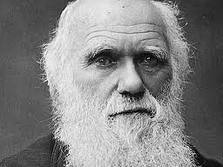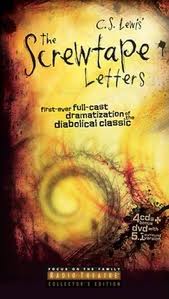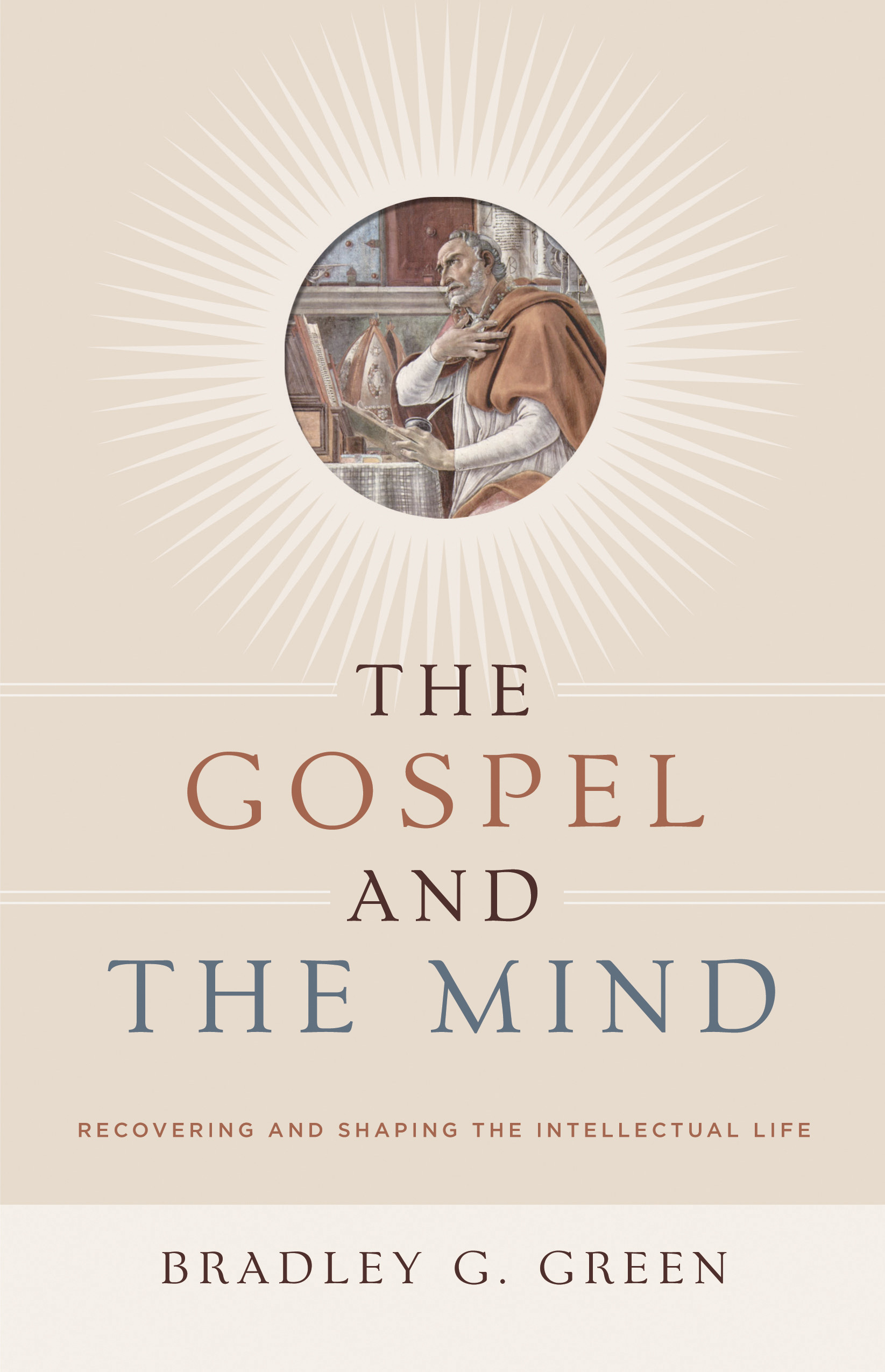
Getting Medieval . . .

Here is an article from the Chronicle of Higher Education. This guy is on to something. The possibility of true education in the contemporary college or university is extremely difficult, for lots of reasons. Looking to the medieval era is good counsel. The impetus to start Augustine School (www.augustineschool.com) is due to certain sympathies with this author's perspective. Here is the article: http://chronicle.com/article/Getting-Medieval-on-Higher/126008/
- Details
- Category: Recommended Reading Recommended Reading
- Published: 26 January 2011 26 January 2011
- Hits: 3898 3898
The Sad Development in Darwin's Life

These are perhaps some of the saddest words ever penned, at least on my view. Here Charles Darwin, in his autobiography, recounts his trajectory from (1) loving literature, poetry, music, beauty, to (2) having no interest in such things, and being simply a "machine" that "grinds facts." I was originally led to this quote when reading John Piper's Desiring God, I believe.
Charles Darwin on his own development:
Up to the age of 30 or beyond it, poetry of many kinds . . . gave me great pleasure, and even as a schoolboy I took intense delight in Shakespeare. . . .
Formerly pictures gave me considerable, and music very great, delight.
But now for many years I cannot endure to read a line of poetry: I have tried to read Shakespeare, and found it so intolerably dull that it nauseated me.
I have also almost lost any taste for pictures or music. . . .
I retain some taste for fine scenery, but it does not cause me the exquisite delight which it formerly did. . . .
My mind seems to have become a kind of machine for grinding general laws out of large collections of facts, but why this should have caused the atrophy of that part of the brain alone, on which the higher tastes depend, I cannot conceive. . . .
The loss of these tastes is a loss of happiness, and may possibly be injurious to the intellect, and more probably to the moral character, by enfeebling the emotional part of our nature.
- Details
- Category: Recommended Reading Recommended Reading
- Published: 21 January 2011 21 January 2011
- Hits: 4260 4260
Language Matters . . .

I am thankful for the work of Touchstone magazine, and its editor, James Kushiner. Here is a link to a story in the UK, where some folks are complaining that the language used at baptismal ceremonies, is . . . well . . . too Christian. George Orwell wrote that he who controls the language controls the argument. This is only too true.
- Details
- Category: Recommended Reading Recommended Reading
- Published: 21 January 2011 21 January 2011
- Hits: 3901 3901
The Screwtape Letters

I have read The Screwtape Letters more than once, and benefit from reading them every time. I recently purchased the audio version (dramatized) from Focus on the Family. It is simply one of the best audio theater type productions I have ever heard. "Screwtape," the senior devil in this great book, is played by the gentleman who played Gollum in The Lord of the Rings trilogy. He is astounding, and does an amazing job as Screwtape. If you spend time in the car, or if you have children old enough not to be scared our of their wits (it is intense at times), this would be a great purchase. On a more serious note, this work by Lewis is simply a wonderful work on the nature of the Christian life and the nature of temptation. Ultimately, it is a excellent work on the spiritual life, and how to live a faithful life. If you have never read it, put it on your list!
- Details
- Category: Recommended Reading Recommended Reading
- Published: 19 January 2011 19 January 2011
- Hits: 4348 4348
The Gospel and the Mind Web Site

I am happy to share that The Gospel and the Mind is now available. Crossway (the publisher) is now filling orders, as is Amazon (or they will be any day). I am also pleased to share that a friend has been kind enough to help put together a web site for the book: www.thegospelandthemind.com. The site has a good bit of information about the book, and features video interviews with yours truly. If you do read the book, I hope you enjoy it. And if you do read it I would love to hear your thoughts. Blessings to you as this important season approaches!
- Details
- Category: Recommended Reading Recommended Reading
- Published: 15 November 2010 15 November 2010
- Hits: 4374 4374
Augustine on Scripture and Speculation

It is too much fun to have a reason to wade through Augustine. In his The Trinity, Augustine says the following about our need to attend to Scripture. He writes:
"No, in this matter we have the authority of God's scriptures, which our minds should not stray from, the solid foundation of divine utterances whcih we must not leave, to plunge down the steep slopes of our own guesswork into places where neither our senses can guide us nor the clear reason of truth can enlighten us."
The Trinity, III.22.
- Details
- Category: Recommended Reading Recommended Reading
- Published: 12 November 2010 12 November 2010
- Hits: 4440 4440